The Ministry of Natural Resources and Environment proposed that sand and gravel exploitation on riverbeds and seas must be approved by many agencies, in accordance with planning and ensuring national defense and security.
The Ministry of Justice has just announced the appraisal dossier of the draft Law on Geology and Minerals. This law aims to overcome the shortcomings of the current Law on Minerals, ensuring strict management, economical, effective and transparent use of minerals and aiming at the goal of sustainable development.
According to Article 90 of the draft, sand and gravel exploration and exploitation activities in rivers, lakes and at sea must be consistent with many planning schemes such as: Inter-provincial river basins, inter-provincial water sources; irrigation; hydropower; flood prevention; seaport groups, water areas; national marine spatial planning...
Mining activities must be monitored with modern technological equipment to control fluctuations in reserves, safety risks and environmental impacts. Sand and gravel mining must guard against the risk of landslides on river banks, beaches and constructions.
For sand exploration and exploitation activities, when granting licenses, state management agencies must have written approval from relevant agencies on issues of national defense, security, fisheries, environmental protection, and maritime traffic.
The license to exploit sand and gravel from riverbeds and seas has a maximum term of 5 years and can be considered for extension and re-issuance until the reserve specified in the license is exhausted.
Organizations and individuals exploiting sand and gravel from riverbeds, lakebeds, and sea areas are obliged to register wharfs, assembly locations, types of vehicles and equipment used for exploitation and transportation; install journey monitoring devices and store data and information on the location and travel routes of vehicles and equipment used to exploit and transport sand and gravel.
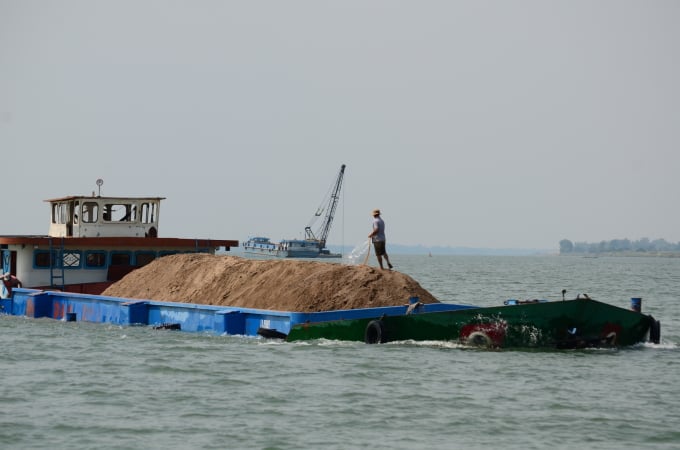
People mining sand in the Mekong Delta, 2015. Photo: Ngoc Tai
The current Mineral Law stipulates that sand is a mineral used as a common construction material. Organizations and individuals exploiting sand as a construction material are exempt from a license if they exploit it within the land area of a licensed project and the exploited products are only used for the construction of that project. Organizations and individuals exploiting sand must register the area, capacity, volume, method, equipment and plan with the provincial People's Committee; and must pay a fee for granting the right to exploit minerals.
According to the Ministry of Natural Resources and Environment, from 2011 to the end of 2023, the whole country has more than 3,000 mineral exploration licenses granted, including nearly 1.8 billion tons of cement limestone; more than 1.2 billion tons of coal, nearly 900 million tons of bauxite ore, nearly one billion cubic meters of common construction stone, over 650 million cubic meters of clay for making bricks and tiles, over 400 million cubic meters of sand and gravel, and about 140 million cubic meters of paving stone.
However, after 13 years of implementing the Law on Minerals (effective since 2011), many regulations have revealed shortcomings. The exploitation of sand, gravel from riverbeds, soil and rock for important national projects or public investment projects has encountered many difficulties; there are many problems in controlling output; decentralization and delegation of authority in managing geological and mineral activities are still overlapping.
Therefore, the Ministry of Natural Resources and Environment believes that the project of the Law on Geology and Minerals is to strengthen the management of sand and gravel mining activities in riverbeds, lakebeds, and sea areas according to the characteristics of this type.
The draft also adds a policy on classifying minerals to have a suitable approach from planning to licensing exploration and exploitation; international integration and cooperation; giving priority to organizations and individuals that are legally exploiting to explore deeper and expand. The draft also clarifies the responsibility of the State in basic geological surveys; the rights and obligations of organizations conducting basic geological surveys; and the principles for selecting organizations and individuals to invest in geological surveys of minerals.
Source link




![[Photo] Prime Minister Pham Minh Chinh receives President of Cuba's Latin American News Agency](/_next/image?url=https%3A%2F%2Fvphoto.vietnam.vn%2Fthumb%2F1200x675%2Fvietnam%2Fresource%2FIMAGE%2F2025%2F12%2F01%2F1764569497815_dsc-2890-jpg.webp&w=3840&q=75)


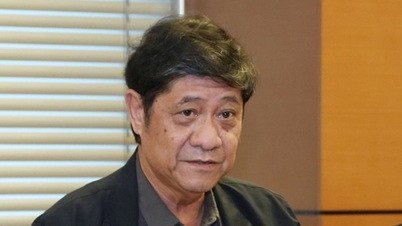

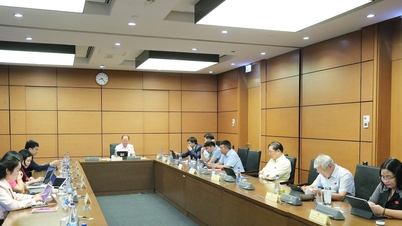



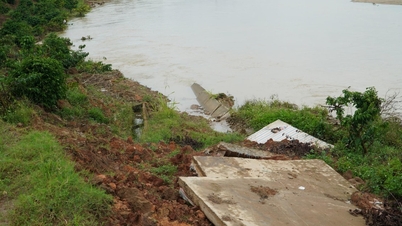
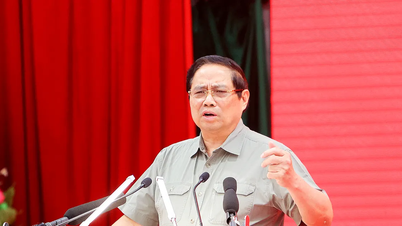

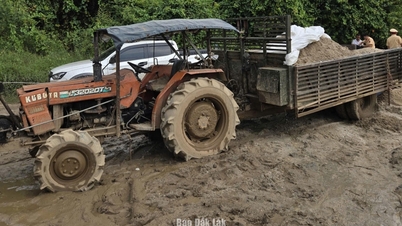


























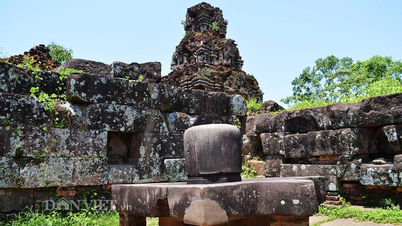


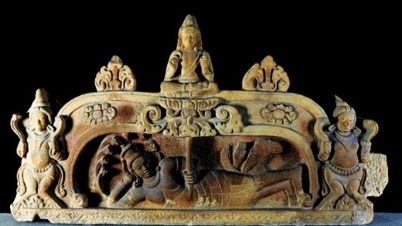


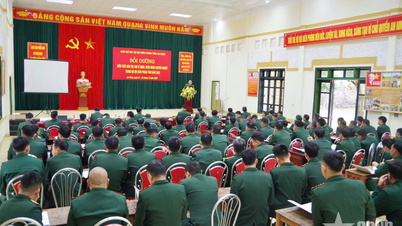



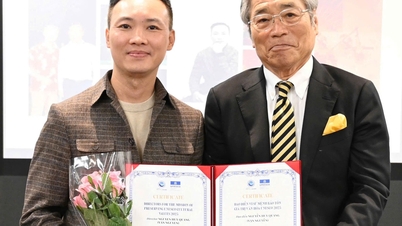





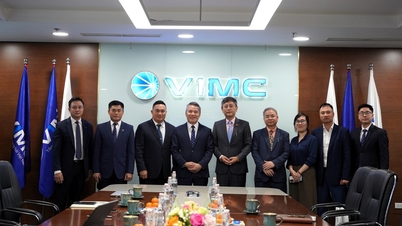


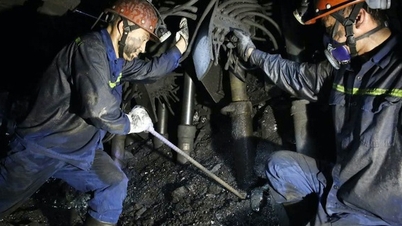


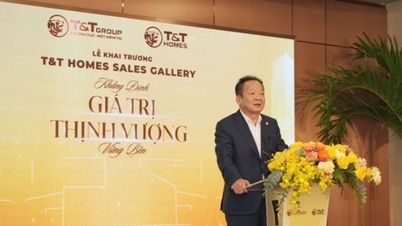













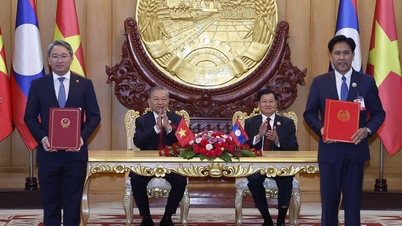
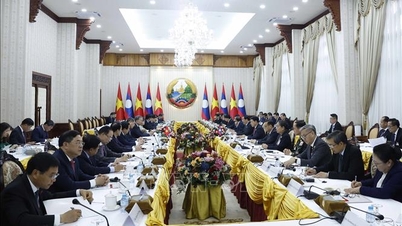



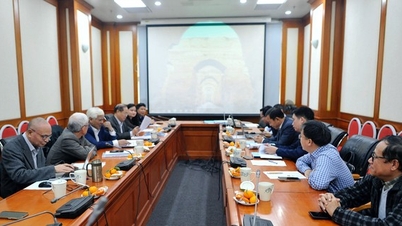
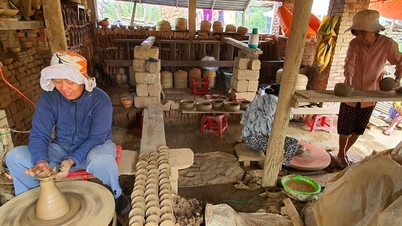

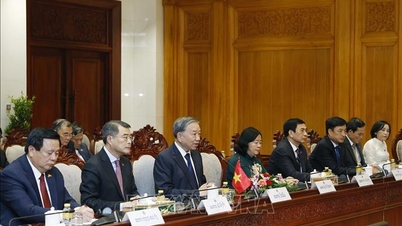
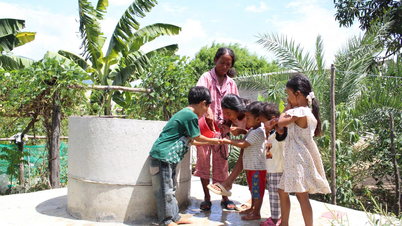

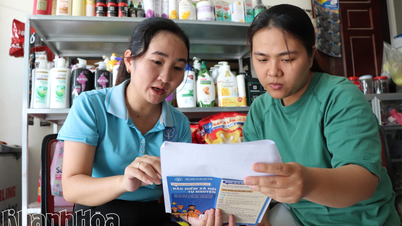


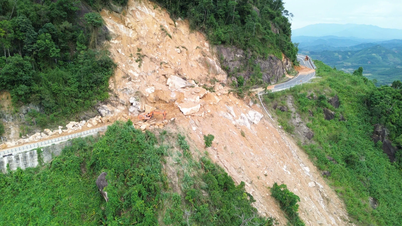

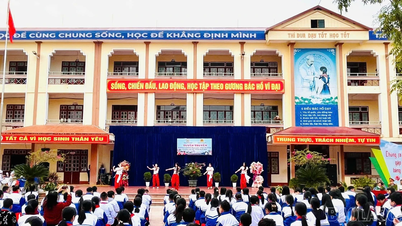













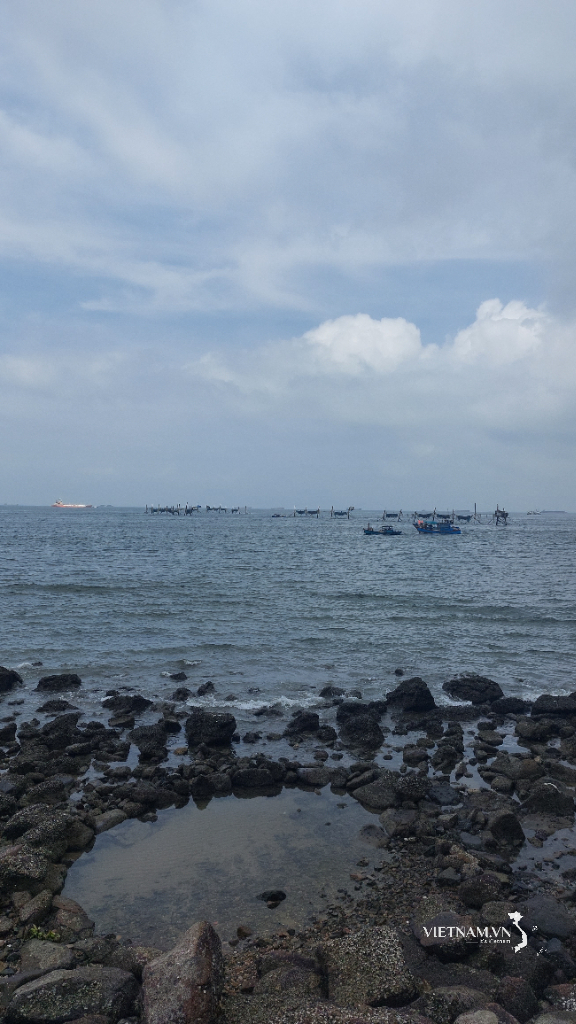
Comment (0)